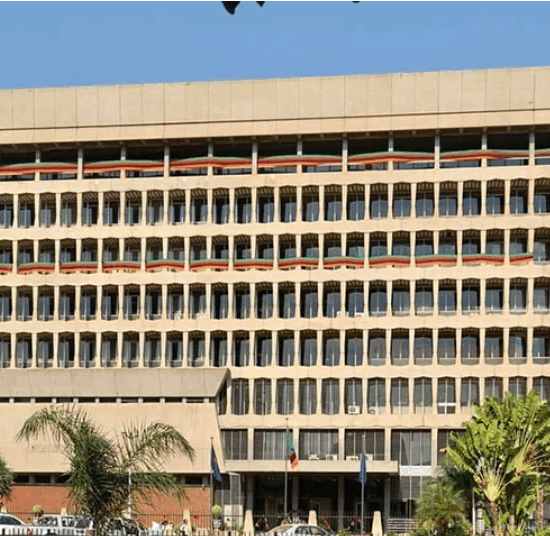
Lusaka based business consultant and economist Chibamba Kanyama has stated that Zambia’s multinational companies are hesitant to list on the Lusaka Securities Exchange – LuSE because the country’s Gross Domestic Product – GDP growth rate is low and cannot realize the total capitalization that companies have put in.
Kanyama told the Zambian Business Times – ZBT in an exclusive interview that Zambia’s market is not deep enough to realize the multinational company’s profits on the stock exchange as it seems to only attract 2% out of the total capitalization hence not sufficient.
Zambia’s current state of the economy is one facing serious headwinds on account of adverse weather conditions which have affected the energy and agricultural sector. Earlier the country projected the growth rate for 2019 at around 4% but has been revised downwards to about 2% which is 50% cut.
In 2018 the country’s GDP grew by 3.8 % compared to 3.4% in 2017 indicating a huge drop to this year’s projected growth rate of 2%. Meanwhile, Minister of Finance Dr. Bwalya Ngandu had during the budget presentation announced that among the macro-economic targets for 2020, Zambia aims to achieve a real GDP growth rate of at least 3% for 2020.
According to the Trading Economics Global Macro Models and Analysts, Zambia’s GDP is expected to be US$30.8 billion by end of this fourth year’s fourth quarter while is it expected to trend around US$34 billion in 2020.
Kanyama further told ZBT that the country’s desire to have almost all multinational companies list on the Lusaka’s Securities Exchange to enhance transparency and drive local Zambians participation and ownership will be difficult to achieve as the country is not generating enough growth hence leading to a high listing cost.
“GDP refers to the amount of money that the country generates and determines how much is available in investments of funds and what households and companies have. Therefore, without growth, it is difficult for a company to realize profit within the country hence decide to diversify their investments to other countries,” said Chibamba Kanyama.
Some economic and financial experts have indicated that Zambia’s accumulation of high debt levels have led to a deceleration in growth of the country’s economy and provision of social services. The rise in foreign denominated public debt over the years has raised concerns among the general public and other stakeholders in Zambia as its payment causes a reduction in national foreign exchange reserves hence starving the growth of the economy and causing instability of the local currency, the Kwacha.







